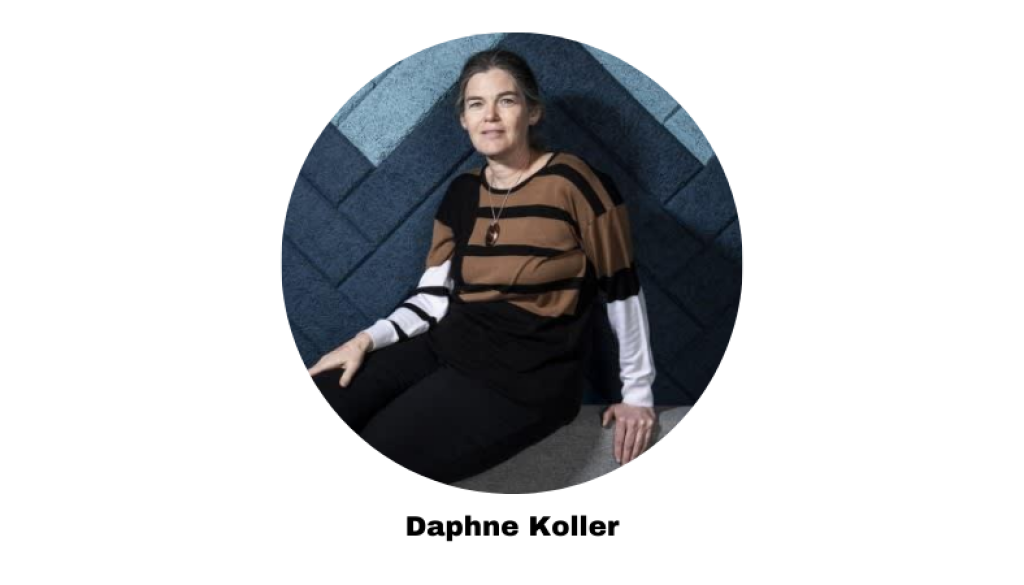Inspirations for Building the Future of Online Learning The Story of Daphne Koller and Coursera
In the evolving landscape of online education, Coursera stands out as a beacon of innovation and accessibility. The brainchild of Daphne Koller, Coursera is a platform that has revolutionized how we approach learning in the digital age, making high-quality education accessible to millions around the globe.
Coursera, founded in 2012 by Daphne Koller and Andrew Ng, emerged from a simple yet profound idea: education should be accessible anywhere. Daphne Koller, an accomplished computer scientist and former professor at Stanford University, brought a wealth of experience and a visionary mindset to the table. Collecting inspiration from her academic roots and the digital potential of the internet, she was driven by the belief that education is a universal right, not a privilege.
Daphne Koller’s journey is a testament to the power of vision and resilience. Born in Israel, she holds a Ph.D. from Stanford, where she later became a professor specializing in computer science. Her work in machine learning received numerous accolades, but her true legacy began forming when she co-founded Coursera. In Koller’s perspective, education’s potential could be unlocked by harnessing digital tools and platforms to transcend geographical and economic barriers.
Supported by a team of academic enthusiasts and technologists, Coursera quickly gained momentum. From securing partnerships with top universities such as Yale, Duke, and the University of London to collaborating with internationally renowned professors, Coursera’s competitive advantage was its value proposition: offering high-calibre courses from prestigious institutions at little to no cost.
This value proposition was further solidified when Coursera introduced micro-credentials and degree programs, disrupting traditional education models. It became a pioneer in the field, allowing learners to access specialized knowledge and skills previously confined to physical campuses.
The road to success was not without challenges. With the rise of various e-learning platforms, Coursera faced stiff competition. Yet, its commitment to quality, diversity in course offerings, and forming strategic partnerships became key differentiators. Furthermore, embracing emerging trends such as AI-driven personalized learning paths appealed to many learners, from high school students to working professionals.
A quote from Nelson Mandela, “Education is the most powerful weapon which you can use to change the world,” embodies Coursera’s ethos. By democratizing knowledge, Coursera empowers individuals, allowing them to harness this power to forge new paths in society.
Reflecting on real-world cases, when the COVID-19 pandemic struck, Coursera’s importance became even more pronounced. Educational institutions worldwide rapidly transitioned to online learning, and Coursera’s infrastructure supported this shift, facilitating a seamless transition for many. This adaptability was a shining example of Coursera’s mission in action.
Business leaders and educational technologists look to Coursera as a model for successfully integrating technology with pedagogical goals. Numerous reports and papers document the platform’s impact, highlighting the tangible benefits of online learning, such as increased retention rates and the democratization of education across borders.
As we move towards a future where digital learning is the norm, Coursera—inspired by Daphne Koller—continues to influence the education sector profoundly. It challenges us to rethink the role of technology in learning and gently nudges other organizations to embrace innovation.
Drawing inspiration from Daphne Koller’s legacy, business leaders and educators can learn valuable lessons: the importance of a clear vision, the ability to adapt to changes, and the courage to challenge traditional norms. As the world of online education grows, so does the impact of platforms like Coursera, which continue to inspire a future where knowledge knows no bounds.

